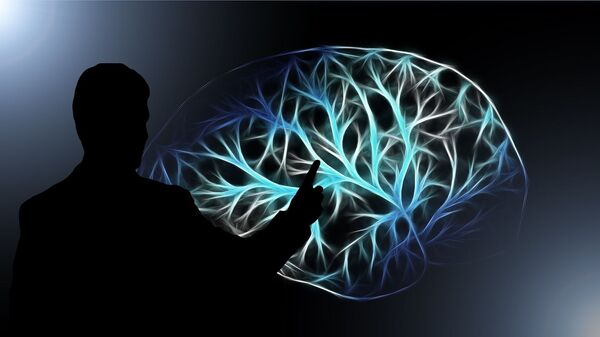According to the researchers, their findings, published in the Frontiers in Neuroscience journal, have a practical application for when people need to memorise new information quickly and accurately.
Data obtained from animal experiments do not fully explain how memory works, the MSUPE researchers said since, when a human learns how to speak, the role of the memory increases, as we need a greater memory capacity for learning the mechanism of speech and using it.
“Have you ever been in a poistion where you think you've memorised something new but then later seem not to be able to remember a single word?For example, a student carefully listens to a teacher explaining something and will fell as though he has absorbed all the information and will be able to regurgitate it. However, as time passes, the student gradually forgets everything he or she has learnt. Sometimes it can be different: we spend all night trying to learn a poem and can't remember a word but then, after a night's sleep, we wake up the next morning and can recite it perfectly at the first attempt”, said Boris Chernyshov, head of the Centre for Neurocognitive Research (MEG-center) at MSUPE.
Researchers at the university have made an important step in locating where the mind's memory banks are and how they work which will help students to learn new information faster than they can now and retain it for longer.
According to the scientists, one has to be totally focused on what one is trying to learn and should test oneself frequently along the way which acts as a kind of feedback.
MSUPE staff studied human brain activity to understand what kind of neurocognitive functions are used when the brain processes the meaning of new words – whether it is long-term or short-term memory.
According to classical memory theories, new information first enters short-term memory. The hippocampus, located in the brain's medial temporal lobe and responsible for memory, then delegates memorising functions and can transform short-term memory to long-term memory - a process called memory consolidation which usually takes one night's sleep to launch.
“What amazes me the most in our research is that during a short experiment we managed to find a well-formed response to artificial words in the hemispheres of the cerebral cortex, processed moments ago”, Chernyshov stressed.
He also added that MSUPE's researchers managed to track the stages during which new words were processed and find what parts of the cortex were employed: it was revealed that when a human memorises new words, neurons of the hemispheres of the cerebral cortex respond immediately which suggests that learning new words is supported by long-term memory.
The researchers registered brain activity with the magnetoencephalography (MEG) system designed to measure electrophysiological cerebral nerve activity and form an image of magnetic fields produced within the brain.
During the research, a volunteer listened to certain artificial words (that is, words which are non-existent but which sound as though they might be real), through headphones. The volunteer was then meant to guess what actions the words described.
According to the scientists, the research could be of great use in education and many other spheres where it is vital to learn new information quickly and properly.
The researchers are going to find neuromarkers to reveal whether we are capable of memorising new information instantly and for a long time, or whether we need to do revision for several days.



